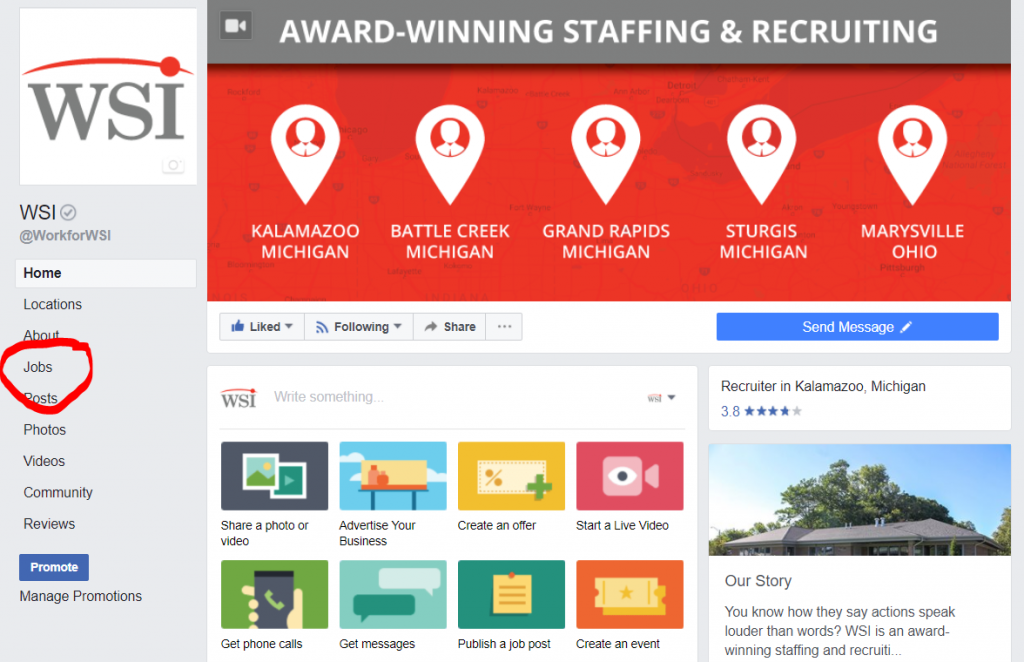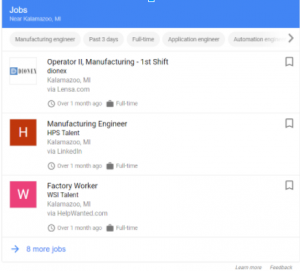Nothing is more frustrating than applying for a job, nailing the interview, and then…waiting. And waiting. And hearing nothing. After a few weeks, you might start to feel that radio silence is the sound of a door closing. And if you were excited about the job, this can be particularly demoralizing. But sometimes there’s a very good reason no one has followed up – even if it’s not the reason you were hoping for. Here are three reasons you may not have heard back from the hiring manager:
1. They chose another candidate
You were qualified (after all, you were given the chance to interview), but someone else was more qualified. Or maybe they were a better culture fit. A recruiter or hiring manager likely has the best intentions on shooting you a quick email or phone call to follow up post-interview, it just doesn’t always happen. One thing that can’t hurt is to follow up with your interviewer to thank them for their time, reiterate your interest in the role, and provide them with your contact information. That way, it reminds them that you’re waiting for an answer either way.
2. Multiple decision makers
Sometimes, especially for higher-level management roles, multiple people in an organization need to meet with and approve candidates before an official offer is made. This can result in multiple internal meetings to discuss candidates, and even more than one interview. The more people who are involved, the harder it can be to work around conflicting schedules which can prolong the process. Again, the hiring manager is ideally keeping in touch and communicating throughout the process, but it may not always happen.
3. Just clearing up the details
Sometimes you’re the candidate of choice, but they’re still ironing out the details of your hire. How much can they offer you? What will your benefits package look like? Or maybe they’re still deciding how to proceed for the final round of interviews. Depending on the job you’ve interviewed for, they might be generating a take-home assignment for you to work on to distinguish you from another leading candidate.
For more helpful information on jobs, careers, and everything in between, visit our blog!




